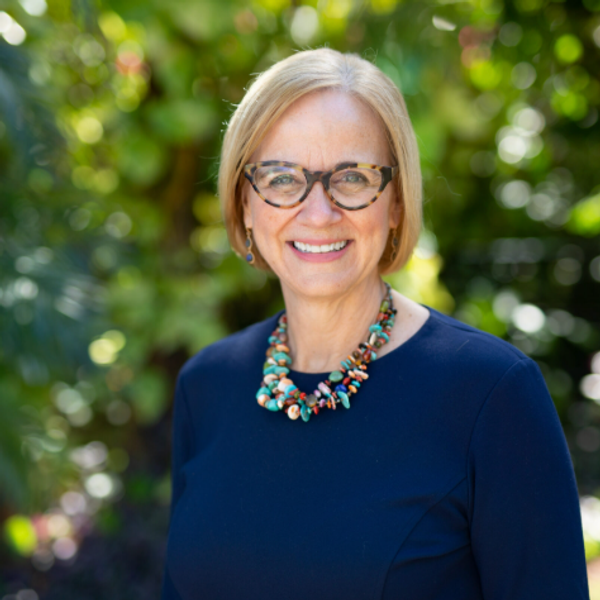Democratic Debate Highlights Sharp Disagreement On Mideast

By Evan Halper and Michael A. Memoli, Tribune Washington Bureau (TNS)
MANCHESTER, N.H. — The Democratic presidential candidates strongly disagreed over the U.S. role in the Middle East as they debated in New Hampshire on Saturday, with Sen. Bernie Sanders urgently needing a big break to jump-start his campaign.
After extraordinary success early in his campaign, Sanders has not had many events move his way lately. The campaign’s greater focus on foreign affairs and terrorism has shifted the discussion away from his areas of strength, his growth in the polls has stalled and he is running out of time to gain ground on front-runner Hillary Clinton.
In recent weeks, Sanders has sometimes seemed frustrated with that focus on the Middle East and the fight against the Islamic State militants in Iraq and Syria. But early in the debate, he staked out that issue as a key distinction between himself and Clinton.
“I worry,” he said that “Secretary Clinton is too much into regime change and a little bit too aggressive without knowing what the unintended consequences might be” of military action in the Mideast.
The U.S. should seek a coalition against the Islamic State, also known as ISIS or ISIL, that would include Russia, Sanders said. To keep the focus on that fight, the U.S. should set aside its insistence that Syrian President Bashar Assad leave power, he added.
“It is not Assad that is attacking the United States. It is ISIS,” he said. The U.S. “cannot be the policeman of the world.”
Clinton sharply disagreed.
“Assad has killed by last count about 250,000 Syrians,” she said, and the civil war caused by his government’s actions is “the reason we’re in the mess we’re in.”
“I wish it could be either-or,” she said. But the U.S. needs to work on both tracks — fighting Islamic State and opposing Assad — to be effective. The Sunni Arab fighters that the U.S. wants on its side all oppose Assad and want to remove him from power, she noted.
“If the United States does not lead, there is not another leader, there is a vacuum,” she said. She also suggested that Sanders’ approach would lead to greater involvement in Syria by Iran, Assad’s ally.
More involvement by Iran would be “like asking the arsonist to pour more gasoline on the fire,” she said.
The disagreement over the Mideast was one of sharpest disagreements on a night in which the candidates saved most of their harshest language for a Republican, Donald Trump.
Clinton said the New York billionaire was “becoming ISIS’ best recruiter” because of his proposal to ban most Muslims from entering the U.S. and other remarks that many Muslims see as aimed at them.
Former Maryland Gov. Martin O’Malley decried what he called the “fascist pleas of billionaires with big mouths.”
O’Malley, who has languished in the polls, was newly aggressive Saturday, going after both Clinton and Sanders on gun control.
He called Sanders to task for his previous support of gun legislation backed by the National Rifle Association that shielded gun makers from civil suits, and for his opposition to the Brady Bill and other gun control laws.
He also attacked Clinton for, as he put it, changing her view on gun laws with every election year.
“Look, what we need on this issue is not more polls. We need more principle,” he said.
“Whoa, whoa,” Sanders replied. “Let’s calm down a little bit, Martin.”
“Tell the truth,” Clinton said. “I applaud his record in Maryland. I just wish he wouldn’t misrepresent mine.”
Clinton also offered a backhanded compliment to Sanders on the gun issue, noting that he had shifted position and was now closer to her view.
“I’m glad to see this — Sen. Sanders has really moved in face of the facts about what we’re confronting in our country,” she said.
Earlier in the debate, Sanders was prodded to apologize for the latest unexpected development to complicate his campaign — a crisis that erupted Friday over snooping by Sanders’ since-fired digital director into confidential voter files that Clinton’s campaign had stored in a Democratic National Committee database. For a time, the party and the Sanders campaign appeared headed for a fight in court, until a truce was reached late Friday night.
Asked about the digital snooping, Sanders said, “I recognize it is a problem,” and admitted, “Our staff did the wrong thing.”
Although he also complained that Democratic Party officials had treated his campaign too roughly in response, Sanders offered an apology to Clinton and to his supporters.
Clinton, in response, repeated a gesture that Sanders had offered her at an earlier debate, when he said he was tired of hearing about the controversy over her use of a private email server when she was secretary of state.
“We should move on, because I don’t think the American people are all that interested in this,” she said.
O’Malley, who has languished far back in the polls, also sought to seize on the issue to try to create an opening for himself, claiming that the daylong argument over the issue on Friday was an example of what’s wrong with American politics.
No place is more crucial for Sanders to achieve a breakthrough than in New Hampshire, an almost do-or-die contest for the senator who hails from neighboring Vermont.
Sanders holds a slight lead in New Hampshire, according to several polls, even as he has been losing ground in Iowa, which holds the first nominating contest. His campaign is working fiercely to hang on to its edge here, where early polls are notoriously volatile.
When Sanders launched his bid, voters were almost singularly focused on the economy. His unapologetic economic populism and crusading against Wall Street was welcomed as a refreshing defiance of the status quo by a Democratic base disappointed in how the middle class keeps losing ground, even under the Obama administration.
The Sanders pitch still resonates with the party’s liberal wing. But he’s been less successful at handling the issue that now dominates the race: national security. After the attacks in Paris and then San Bernardino, Clinton embraced the challenge with gusto, laying out detailed proposals in speeches before distinguished crowds of foreign policy thinkers where she already seemed to be playing the role of commander in chief.
Sanders lacked the foreign policy expertise to compete, countering Clinton with calls to encourage the Arab world to become more engaged in the fight against terrorism. The low point for Sanders came when a staffer advised reporters before one news conference that the senator would not take questions on Islamic State.
The Democratic debates are more like a PBS special. The New Hampshire event, just the third of the nominating season, was the second held on a Saturday night, when many would-be viewers have other things to do. The DNC sets the debate schedule, and Sanders’ backers allege that party officials deliberately timed the events so they would have minimum impact and not threaten the lead of the establishment candidate, Clinton.
Regardless, the debates have done little to change the contours of the race. Clinton was up by more than 20 points in national polling averages leading up to last month’s debate in Iowa. In the weeks following, she was still up by more than 20 points, as she is now.
©2015 Tribune Co. Distributed by Tribune Content Agency, LLC.
Photo: Democratic U.S. presidential candidates (L-R) U.S. Senator Bernie Sanders, former Secretary of State Hillary Clinton and former Governor Martin O’Malley discuss issues at the Democratic presidential candidates debate at St. Anselm College in Manchester, New Hampshire December 19, 2015. REUTERS/Brian Snyder








